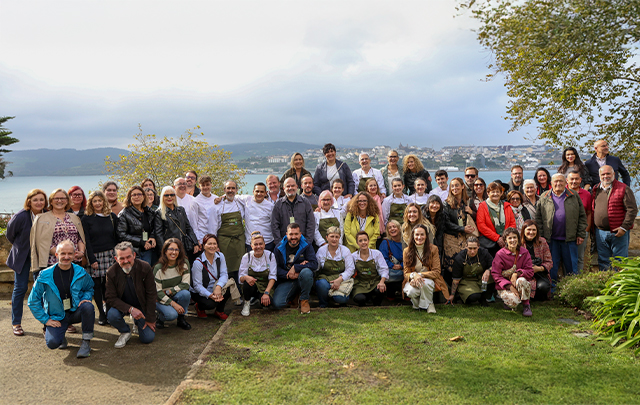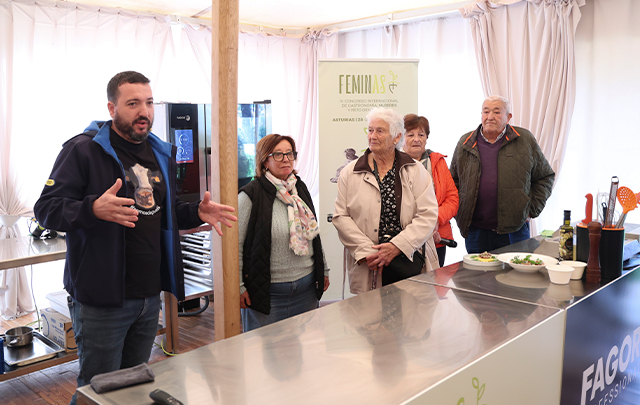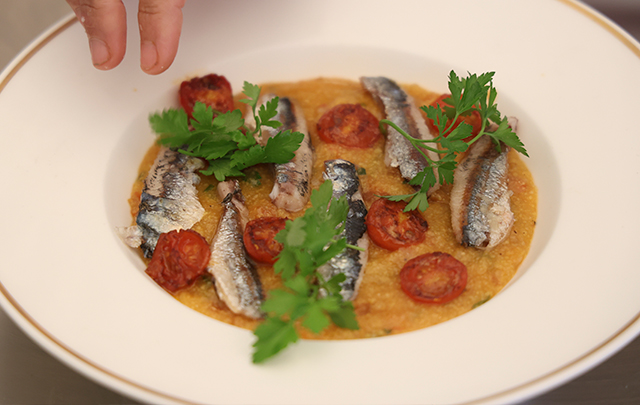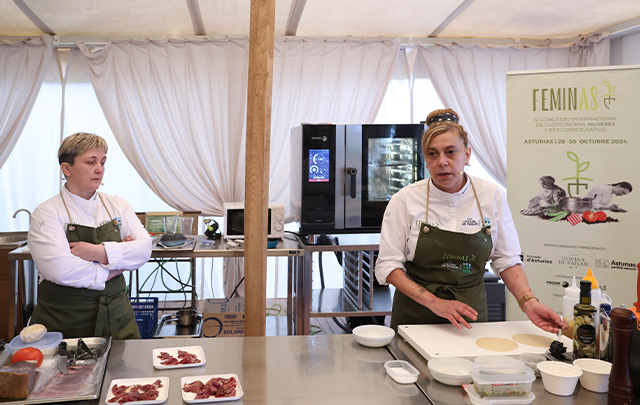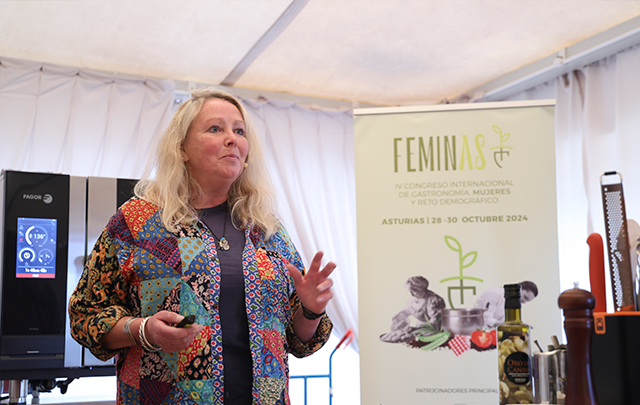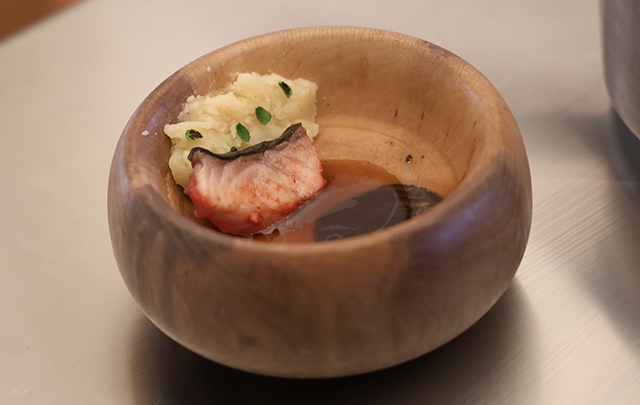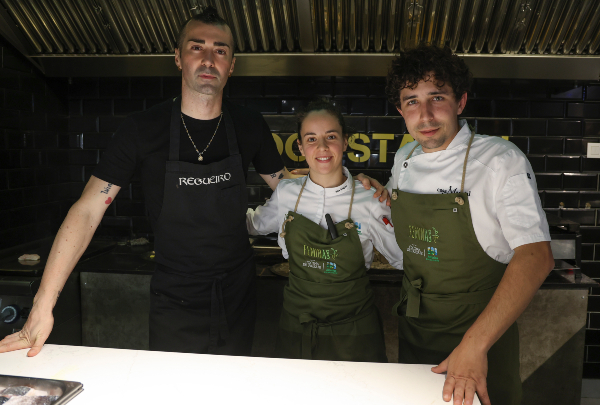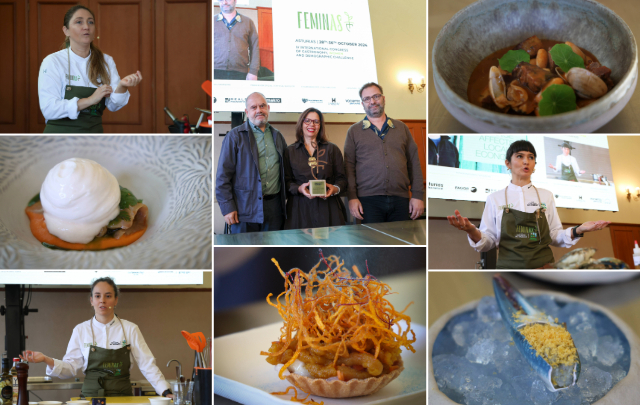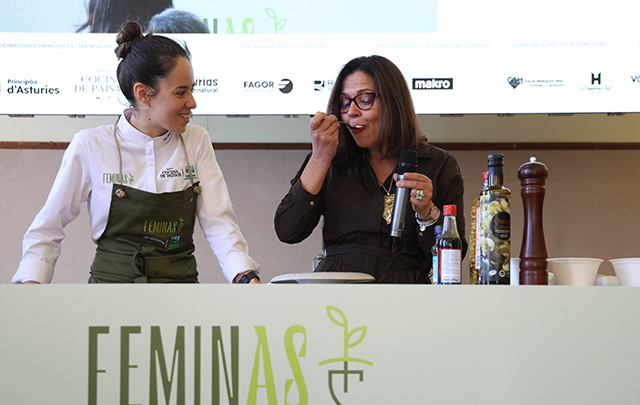News
Tiago Pereira, winner of the Guardians of Tradition award for his efforts to get to the heart of traditional Portuguese cuisine.
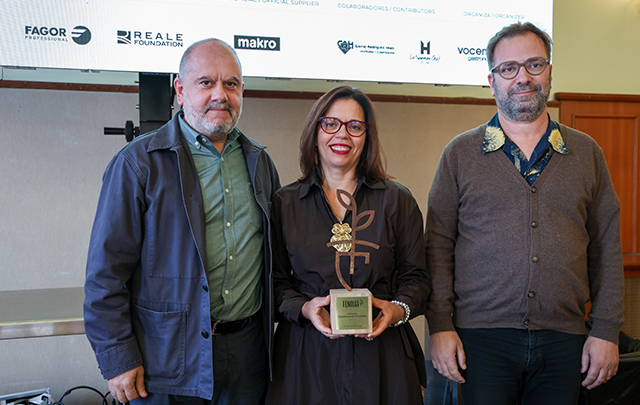
The FéminAs award-winning filmmaker and documentary maker says the idea was born when an anonymous woman invited him to her home to eat during a filming session.
The Guardians of Tradition Award, with which FéminAs, the International Congress on Gastronomy, Women and the Demographic Challenge, recognises the work of projects or people working to increase the visibility and empowerment of women in gastronomy, has travelled to our neighbouring country this year. The Portuguese filmmaker and ethnographer Tiago Pereira was honoured for his documentary series 'A gostar de la propria comida portuguesa' (Enjoying Our Own Portuguese Food).
Born in Sintra in 1972, Pereira is the son of the Portuguese musician and folklorist Julio Pereira. His father's influence has led him to devote most of his professional career to travelling around Portugal recording popular songs and musical compositions. His series 'A gostar de la propria música portuguesa' ('To enjoy our own Portuguese music') was already several seasons old when, while filming in a village, a woman invited the filmmaker to her home for lunch.
She made me a very simple and delicious pork stew that I didn't know, and so I thought that, like the music, this culinary heritage should also be recorded," he said. Thus began a journey to find and interview people, mostly anonymous women, professional or domestic, but always repositories of traditional knowledge. The series, made up of micro-documentaries that can be viewed on Youtube, also includes charcuterie makers, bakers and producers of traditional sweets, as well as some clips of renowned Portuguese chefs (most of them men) talking to their mothers or grandmothers about family recipes.
The award was presented by Benjamín Lana, director of the FéminAs Congress, who thanked Pereira for her tireless and valuable work. Previous winners of the Guardianas de la Tradición award include the Guisanderas of Asturias, the Cholitas Escaladoras of Bolivia and the Picanteras of Arequipa, Peru.


